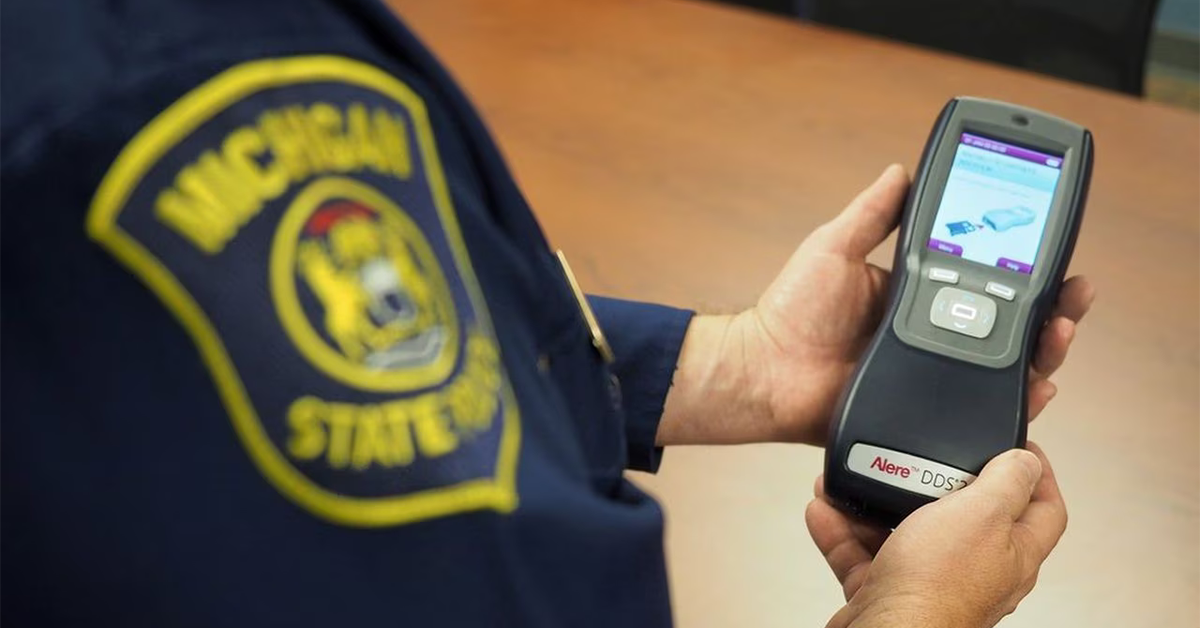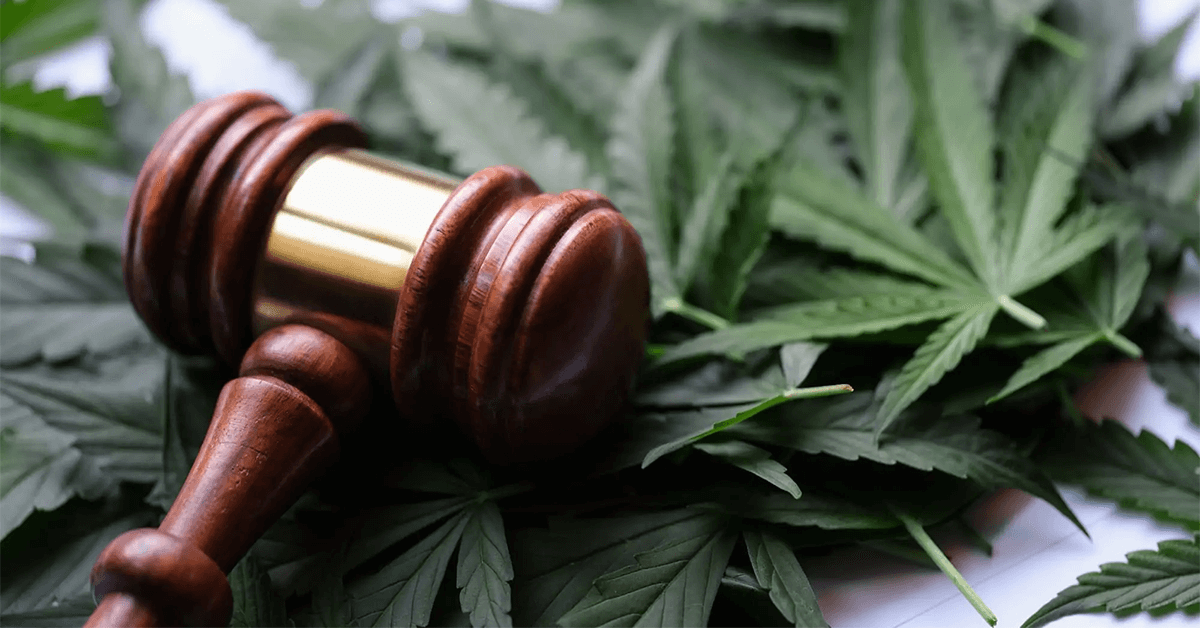Michigan and the Challenge of Roadside Marijuana Tests

Statewide legislatures, including Michigan's, are progressively implementing laws based on roadside saliva tests for drug-impaired driving. Of primary concern is the detection of THC, the key psychoactive ingredient in marijuana. Yet, while well-intentioned, these laws underscore a tension between legal enforcement and scientific evidence.
Alcohol impairment is readily gauged with breath tests, as blood alcohol concentration directly corresponds to impairment levels. Marijuana, however, is a different challenge. THC blood levels don't directly equate to impairment, a fact supported by research from the University of California, San Diego, which found that field sobriety tests aren't precise enough on their own to detect THC impairment.
This situation is exacerbated by the fact that THC lingers in the body for days or even weeks after consumption. Current tests struggle to differentiate between a driver impaired from recent marijuana use and one who consumed days earlier.
In Michigan's neighboring state, Kansas, law enforcement has adopted the SoToxa test, which detects THC and other drugs. However, its use is problematic. SoToxa only detects the presence, not the concentration, of a drug. The foundational principle of pharmacology, "the dose makes the poison," reminds us that it's the quantity, not mere presence, that determines impairment.
Implications extend beyond driving. Many sectors, such as transportation and healthcare, mandate drug tests. Workers can lose their jobs due to these flawed tests. For instance, a truck driver might test positive for THC because of legal hemp-based CBD oil consumption, which can contain trace amounts of THC.
Michigan stands at a crossroads, reflecting the broader national dilemma. With marijuana decriminalization gaining traction, it's essential to revisit and refine our testing methods. Organizations like Stop Drugged Driving and studies from the AAA Foundation for Traffic Safety emphasize the complexities in determining THC impairment thresholds.
The allure of a zero-tolerance policy, while administratively simpler, risks unjustly penalizing unimpaired individuals due to highly sensitive testing equipment. We must prioritize both public safety and fairness. In this effort, the guiding principle should be to uphold scientific accuracy and justice, even if it means resisting quick fixes and reevaluating our approach to drug testing in Michigan.
Share this article:
Spotted a typo, grammatical error, or a factual inaccuracy? Let us know - we're committed to correcting errors swiftly and accurately!








 Helpful Links
Helpful Links